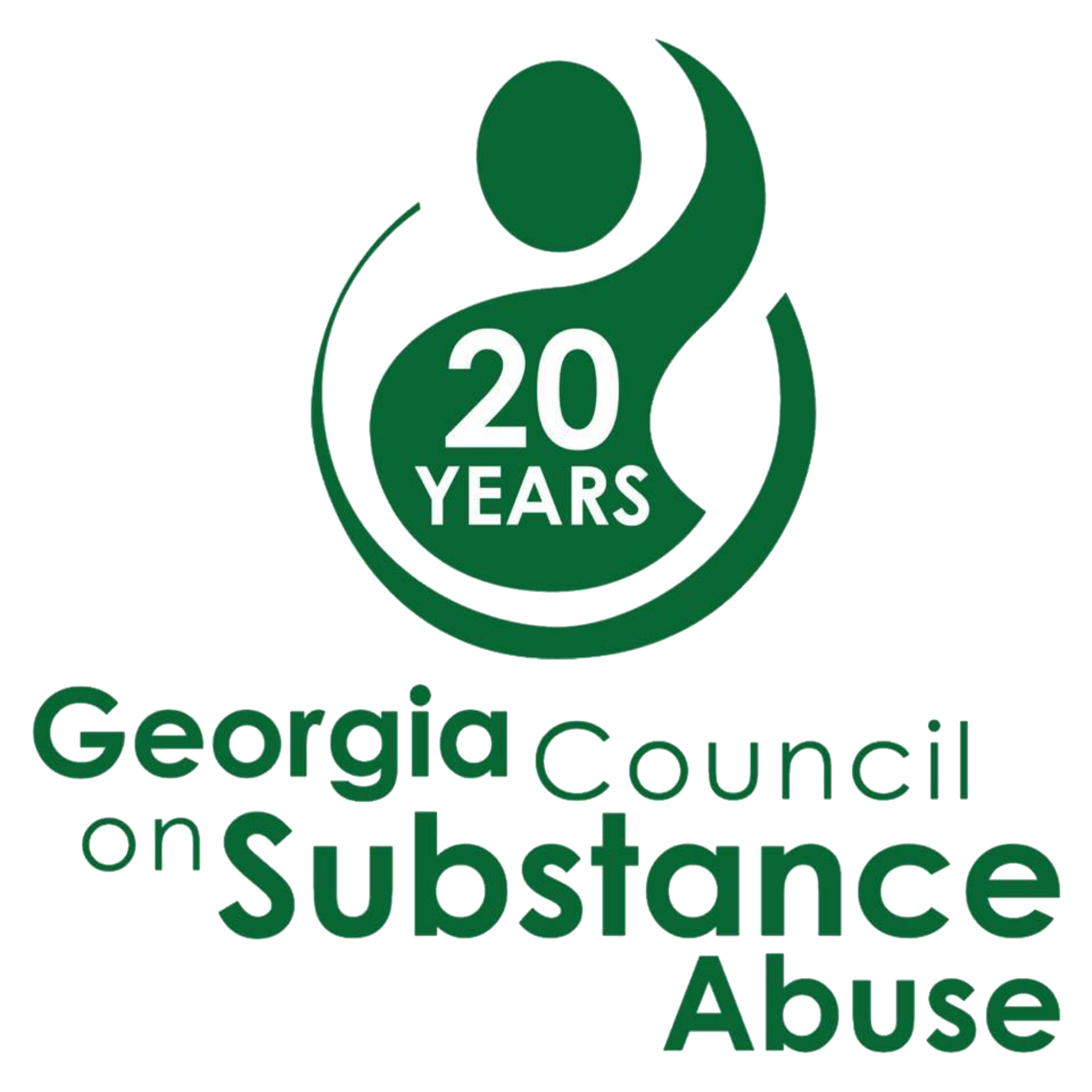RECOVERY GIVES BACK
Neil Campbell, Executive Director, Person in Recovery
Georgia Council for Recovery
More than 107,000 deaths due to opioid overdose were reported in the United States between January 2021 to January 2022. According to the Georgia Department of Public Health, all drug overdose deaths in Georgia increased by 61.9 percent from 2019 to 2021. The extremely powerful opioid, fentanyl, appears to be driving these increases. From 2019 to 2021, fentanyl-involved overdose deaths increased by an incredible 232.1 percent. DPH also reports that 2,202 Georgians died from alcohol in 2020, the highest number the state has seen this century. The American Medical Association continues to urge policymakers to take action to increase access to care for substance use disorders, including pain management and harm reduction measures. A recent study conducted by the Addiction Policy Forum, showed that over 30% percent of participants cite stigma as a significant barrier during the process of finding help. Patients reported experiencing stigma from doctors and other healthcare professionals, stigma from families, friends and the general public. They also report experiences of self-stigma, which occurs when individuals internalize the shame, blame and negative beliefs of the public and suffer negative consequences.
Substance use disorders are a national epidemic. The Substance Abuse Mental Health Services Administration (SAMHSA) says that substance use disorders (SUD) occur “when the recurrent use of alcohol and/or drugs causes clinically significant impairment, including health problems, disability, and failure to meet major responsibilities at work, school, or home.” These are chronic conditions that are preventable and treatable, and people do recover! My organization, the Georgia Council for Recovery(GC4R), is a community-based nonprofit organization with the mission to increase the impact of recovery in our communities through education, advocacy, training and peer recovery support services. Our staff of over 45 individuals are in recovery from an SUD, a mental illness, or both. We speak out about our recovery so that others know it’s possible to get and stay well and to combat stigma and discrimination. Our work is about speaking up and speaking out about how SUD and mental illnesses have affected our lives and, most importantly, what helped us get better. We don’t just rely on our own lived experience when advocating for others- we talk to people and help them build their own voices to add to ours. We provide the skills for communities to build connections, create recovery-friendly resources, and impact positive change.
Over the past 15 years, we have been focused on developing recovery leadership in communities across Georgia. We’ve done this in partnership with the Department of Behavioral Health and Developmental Disabilities (DBHDD) by creating a peer workforce through a training program called Certified Addiction Recovery Empowerment Specialist, or CARES. To date, we have trained close to 1,000 individuals in recovery to work in many aspects of the behavioral health and healthcare fields. Many of these CARES have become community leaders and have worked hard to help heal themselves, their families and their communities. GC4R and DBHDD have established a network of peer-run organizations across the State where individuals in recovery can walk in and engage in recovery activities. We’ve found that the people who have “beat this disease” are willing and able to be part of the solution.
Another way GC4R works to combat the epidemic is to advocate for recovery-positive policy, including at the Georgia State Capitol. In a recent Senate subcommittee hearing on HB 520 at the 2023 Georgia General Assembly, a community member acknowledged our presence by testifying that the room “is filled with former drug addicts…who are begging the rest of us in this community to pay for all of the things (they) did wrong.“ While this language was stigmatizing and hurtful to those who were in attendance, we recognize that many people feel this way. We also recognize that many people do not feel this way and quite the contrary, view us as courageous survivors of a health condition that many do not survive. Recovery communities have a rich tradition of “giving back”, whether it be through the amends process that is a huge part of a 12-step fellowship, through working with a licensed therapist who helps empower people to cope with situations in healthy ways, or through a religious community that teaches how to live an honest and charitable life.
The solution to the epidemic of substance use disorders must be comprehensive and long-term and it will require commitments from healthcare professionals, public health officials, policymakers, and the individuals, families and communities that bear the brunt of the pain of addiction. Stigma and discrimination are real and the way we combat those are through education and awareness. Knowing someone in recovery who is willing to speak out about what helps them is a good start. If you or someone you know would like to confidentially speak with a person in recovery, please call or text the CARES Warm Line at 844-326-5400, from 8:30 a.m. – 11:00 p.m., Monday-Friday, 365 days per year. You will hear a message of hope and your voice will be heard. Addiction is the problem, connection to recovery is the solution. And those of us in recovery are here to listen and do our part.

